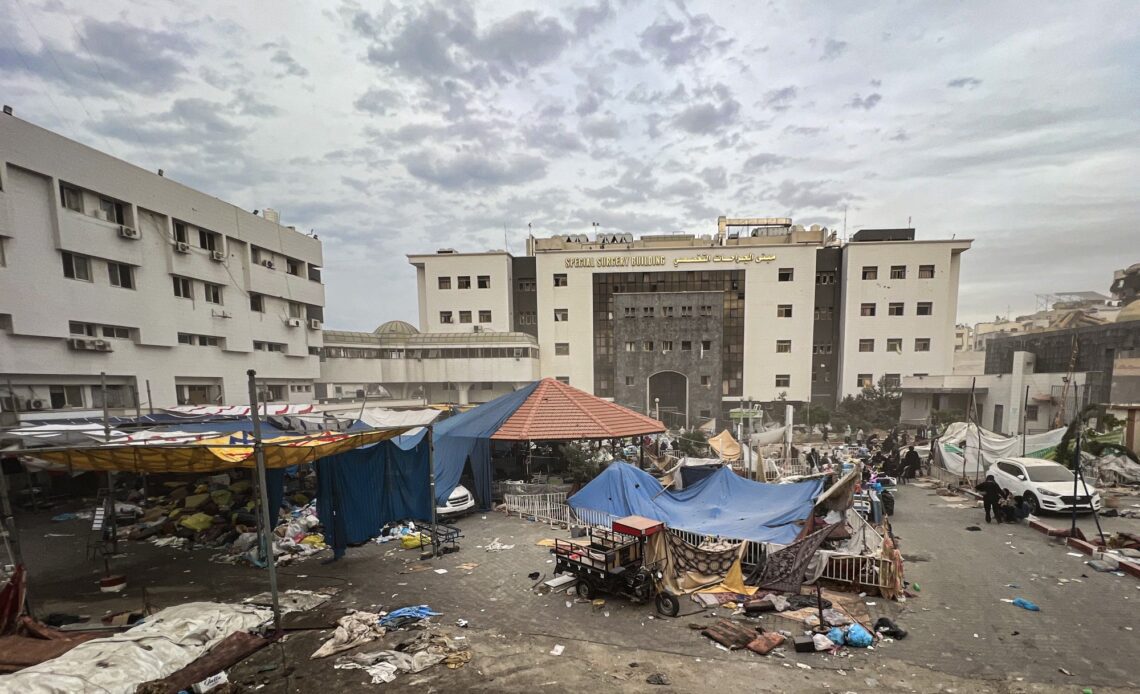The Israel-Hamas war has caused enormous damage to Gaza’s hospitals and health facilities. Attacks on hospitals are generally considered to be against international humanitarian law. Israel has contended that Gaza’s Al-Shifa Hospital and Indonesian Hospital—both targeted by Israeli forces—were being used as Hamas hideouts. Hamas and the hospitals’ staff have denied these claims.
Northan Hurtado, head of the Doctors Without Borders/Médecins Sans Frontières (MSF) medical unit based in New York City, spoke with Scientific American about how war and attacks on hospitals threaten care for the patients, staff and civilians who shelter there and what is needed to provide lasting relief in Gaza.
[An edited transcript of the interview follows.]
What are some of the key functions that hospitals and health care workers perform that are threatened in war zones?
It’s never exactly the same. But I will say that there are two main things. The first one is safety and security for our staff and the patients that we treat. The second one is having the resources to treat them. These could be human resources or they could be the material, medicine or medical devices—or both. It’s not only medicines and medical devices; it’s water, electricity, refrigeration, disposal of waste. Hospitals are very complex structures, and depending on the size of the hospital, it can be fairly challenging to manage.
The first one is the key one: How can we be sure that we can safely treat people in that place? And the second one will depend on the situation. If you go to Gaza today, probably the southern part of Gaza, you will still have some structures; if you have the right supply and the right human resources, probably you can do a lot of things. That is not the case in places such as South Sudan, where the hospitals have been badly hit or they’ve been neglected for years in areas quite isolated from the rest of the country, and then you have really crumbling structures. That is more complex.
What are the most critical resources a hospital needs, and how does war pose a threat to them?
The two things that are quite important, for sure, are water and power. One of the few phrases that probably every medical student on the planet knows in Latin is “Primum non nocere”—that means, “First, do no harm.” So one of the things we want to do is always provide a safe environment. When I say safe, it’s safe from the infection prevention and control point of view; the…
Click Here to Read the Full Original Article at Scientific American Content: Global…

